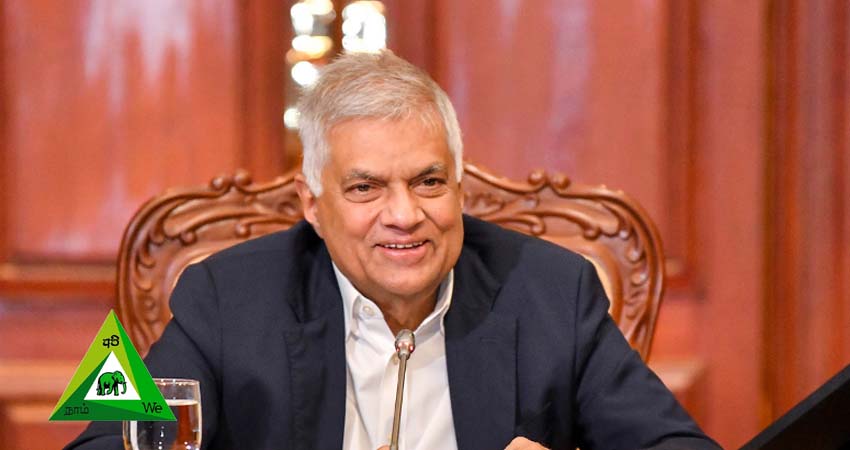Performance of the Constitutional Duties of the President and the Constitutional Council

The President of the Republic of Sri Lanka under Article 4(b) of the Constitution is the organ of government through which the executive power of the People including the Defence of Sri Lanka is exercised.
The President as the head of the executive is duty bound to make certain appointments to high offices, including the Inspector General of Police, according to the procedure stipulated by the Constitution and in line with the President’s Constitutional duty to exercise powers pertaining to the Defence of Sri Lanka.
Therefore, the President must perform his Constitutional duties without any impediment or interference. Under Article 41C of the Constitution, the appointment of the Inspector General of Police is carried out subsequent to a recommendation made by the President to the Constitutional Council, and on the approval of such recommendation by the Constitutional Council.
Any restraint placed on the President in the performance of his Constitutional duty would be in contravention of the Constitution. If the President exercises his powers contrary to the Constitution, the remedies available have been provided for in the Constitution itself.
The Constitutional Council, which is chaired by the Hon. Speaker of Parliament and established under the Constitution has been empowered to assist the President in the making of certain decisions and is part of the Executive.
The Constitutional Council is duty bound to perform its functions in terms of the Constitution. Requiring the Constitutional Council to refrain from performing its functions pertaining to the appointment of the Inspector General of Police under Article 41C of the Constitution would be in violation of the Constitution.
If the Constitutional Council exercises the power conferred on it in violation of the Constitution, remedies have been provided for in the Constitution itself.
The Hon. Speaker is the head of Parliament and under Article 4C of the Constitution the Parliament exercises the judicial power of the people through Courts. The Parliament is therefore responsible only to the people.
The President will refer these matters to the Parliament for further elucidation.